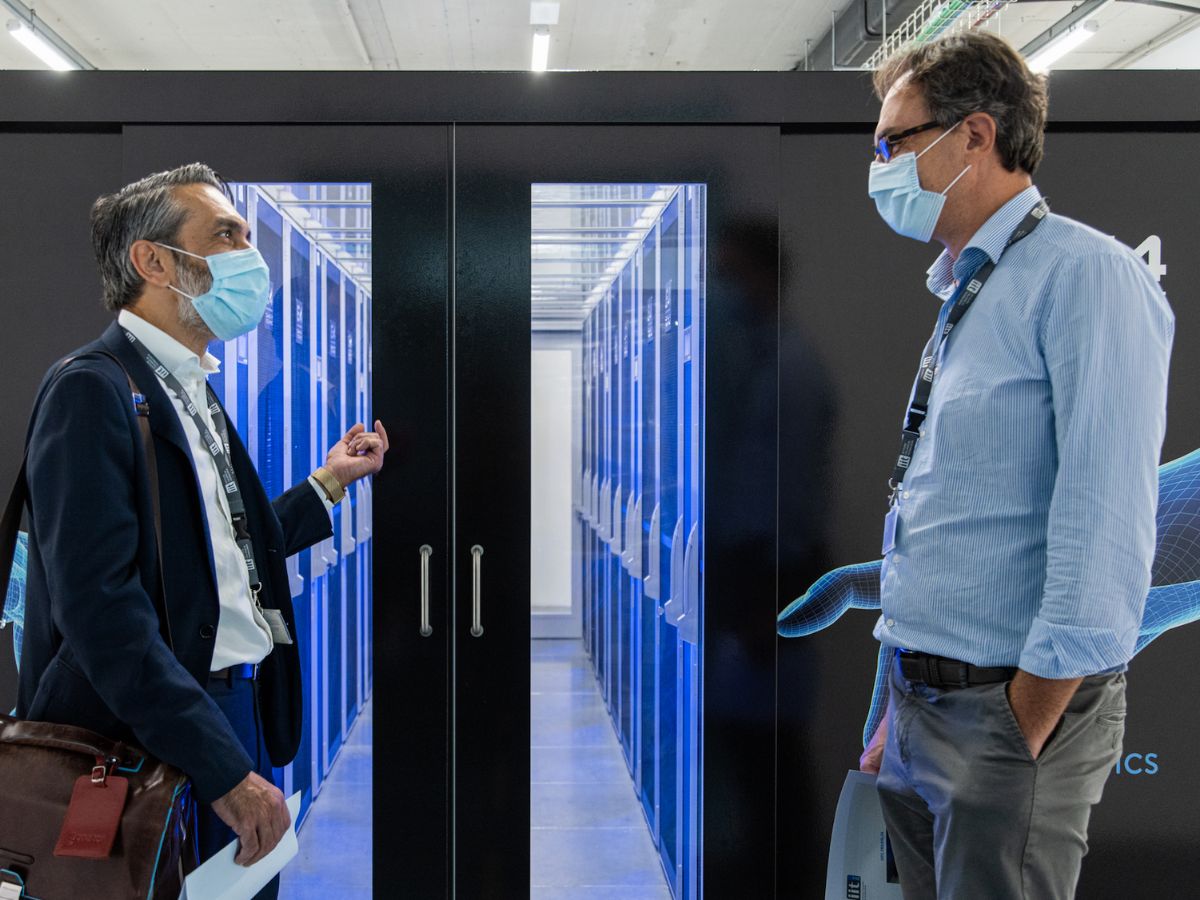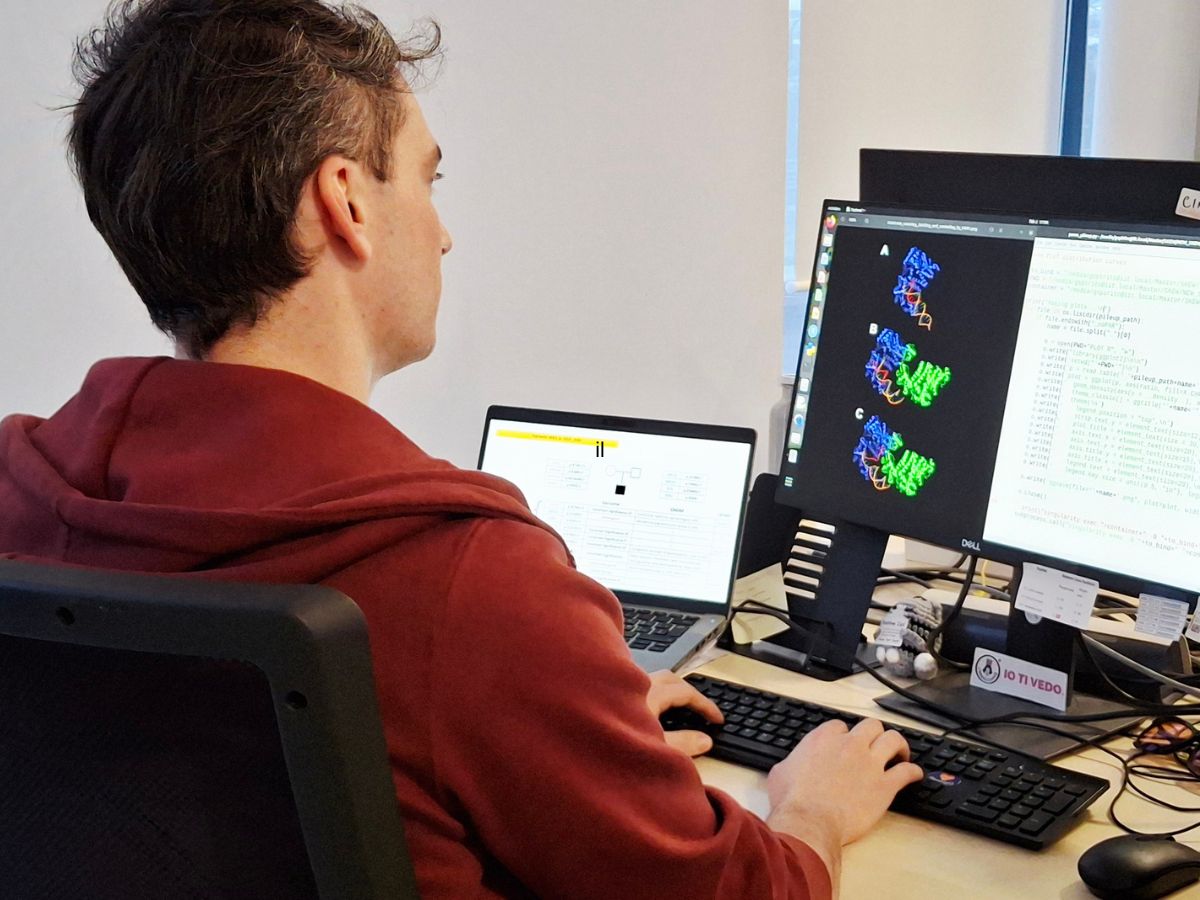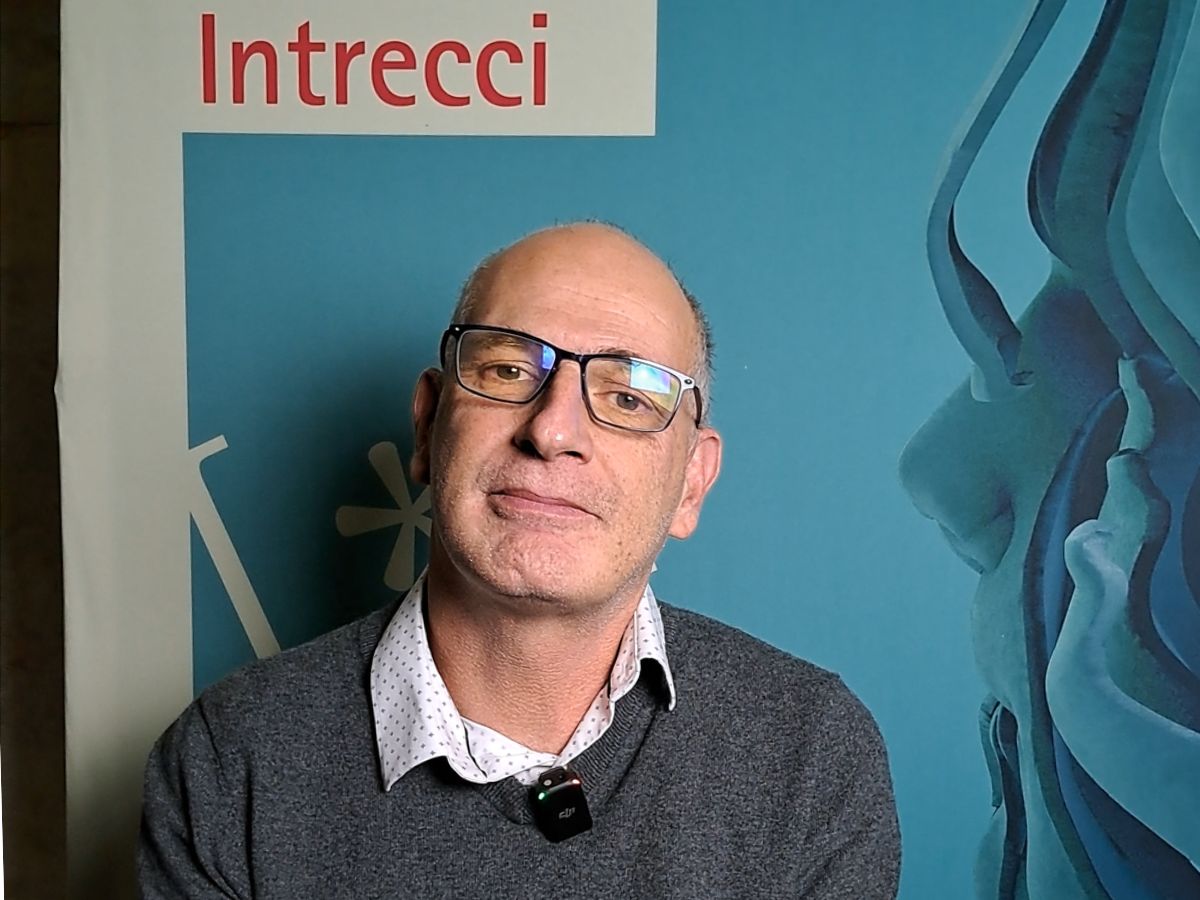IIT leader for AI and Big Data for health
The National Centre for Research in High Performance Computing, Big Data and Quantum Computing has been formed. It is one of the five National Centres envisaged by the NRRP, Italian National Recovery and Resilience Plan, which, on proposal by INFN, Istituto Nazionale di Fisica Nucleare (Italian National Institute of Nuclear Physics), has 51 founder members across Italy, from the public and private sectors, the world of scientific research and that of industry, including Istituto Italiano di Tecnologia (Italian Institute of Technology, IIT).
The Centre, whose finance totals approximately 320 million euro, is organised according to the Hub & Spoke governance system and is divided into 10 different areas (spokes): Future HPC & Big Data, Fundamental Research & Space Economy, Astrophysics & Cosmos Observations, Earth & Climate, Environment & Natural Disaster, Multiscale Modelling & Engineering Applications, Materials & Molecular Sciences, In-Silico Medicine & Omics Data, Digital Society & Smart Cities, and Quantum Computing.
Istituto Italiano di Tecnologia (IIT) is leading Spoke 8, “In Silico Medicine & Omics Data,”whose main objectives are to design new clinical trials performed with computerised simulations (in silico) and to develop a technological platform enabling the analysis of large masses of data (Big Data) by means of artificial intelligence algorithms, in order to contribute to the understanding of numerous pathologies, but also to their diagnosis and prognosis as well as to the development of new personalised drug treatments.
“IIT will lead the activities in a frontier sector that has recently experienced strong growth in part due to the acceleration in approvals by one of the main certifying organisations, the Food and Drug Administration (FDA),” said Andrea Cavalli, IIT’s Deputy Scientific Director and point of reference for the newly-founded Supercomputing Centre. “We will produce and analyse data for patients with various pathologies on the model of what we are doing in Valle D’Aosta with the 5000genomes@VdA project, which has led to the creation of a Centre for Personalised, Preventive and Predictive Medicine capable of changing the paradigm of the use of silicon-based technology in the field of health,” Cavalli concluded.
The new National Centre will be based at the Bologna Technopole and will network and systemise the specific knowledge, skills and resources of structures operating all over Italy in multiple fields, with the aim of constructing a widespread, transversal infrastructure that underpins scientific research and the world of manufacturing in the innovation and digitalisation of the country. The new National Supercomputing Centre will focus on one hand on the maintenance and enhancement of Italy’s HPC and big data infrastructure, and on the other on the development of advanced numerical methods and applications and software tools, to integrate the calculation, simulation, collection and analysis of data of interest for research and the manufacturing and social system, including the use of cloud and distributed approaches. The Centre also envisages the involvement of Italian companies to build a synergy between the scientific community and the industrial sector, to the benefit of both the research system and manufacturing.
“This Centre, created through NRRP funds and the efforts of the stakeholders involved, can truly make a difference in the future of our country. Computing capacity and a critical mass of people with high-profile skills are the elements that will make us globally competitive across all areas of technology involving HPC and big data, elements that are also central to IIT’s future strategies”, said Giorgio Metta, IIT’s Scientific Director. “We will put our Franklin supercomputer and our skills to use to enable the Supercomputing Centre to improve people’s quality of life, by means of the innovations that it will bring,” concluded Metta.






